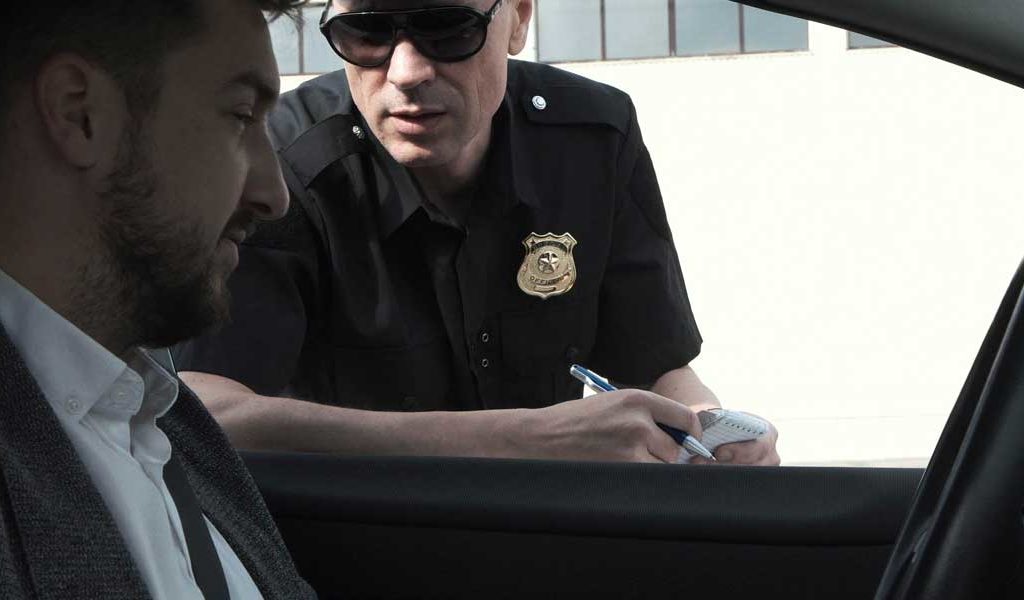Law enforcement officers have to follow procedure during a traffic stop. This procedure consists of multiple rules and regulations that must be adhered to. Failure to follow procedure can result in a case being thrown out of court as well as penalties for the officer in question. One of them is that officers cannot ask random questions during traffic stops.
The Oregon Supreme Court recently added the rule to the list banning the practice of police asking random questions during traffic stops. The new ruling states that officers can only ask questions related to the traffic stop. For example, of a driver runs a stop sign, he cannot be asked about his state of sobriety or whether he is in possession of a firearm.
Police often use traffic stops as a fishing expedition to enable them to charge drivers with crimes such as a DUI or carrying a concealed weapon. These expeditions result in many wrongful arrests and violate the rights of citizens.
However, the new law has left some wriggle room for law enforcement. If an officer has a reasonable suspicion that a driver is or has committed a crime, they may ask questions relative to this. For example, if a driver is pulled over for a broken tail light and the officer can smell alcohol or it is clear that the driver is impaired, the officer may question their sobriety and request a field sobriety test.
This is an important change in the law to provide the public with a defense against unlawful questioning by the police to implicate them in a crime. It is highly recommended to act on the right to remain silent and not to answer any questions from an officer at a traffic stop that seem unreasonable.
It is also advisable to contact a lawyer as soon as possible should a traffic stop results in an arrest or charges not related to the reason for being pulled over in the first place.
SOURCE: https://www.opb.org/news/article/oregon-supreme-court-bans-police-officers-random-questions/



